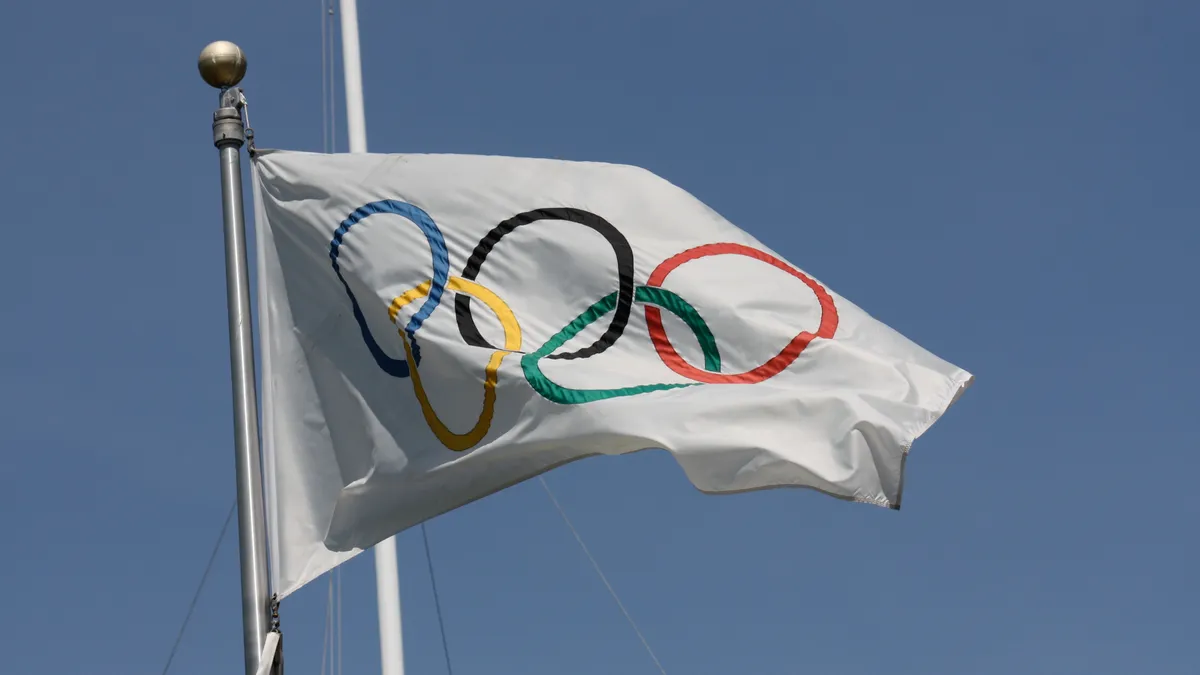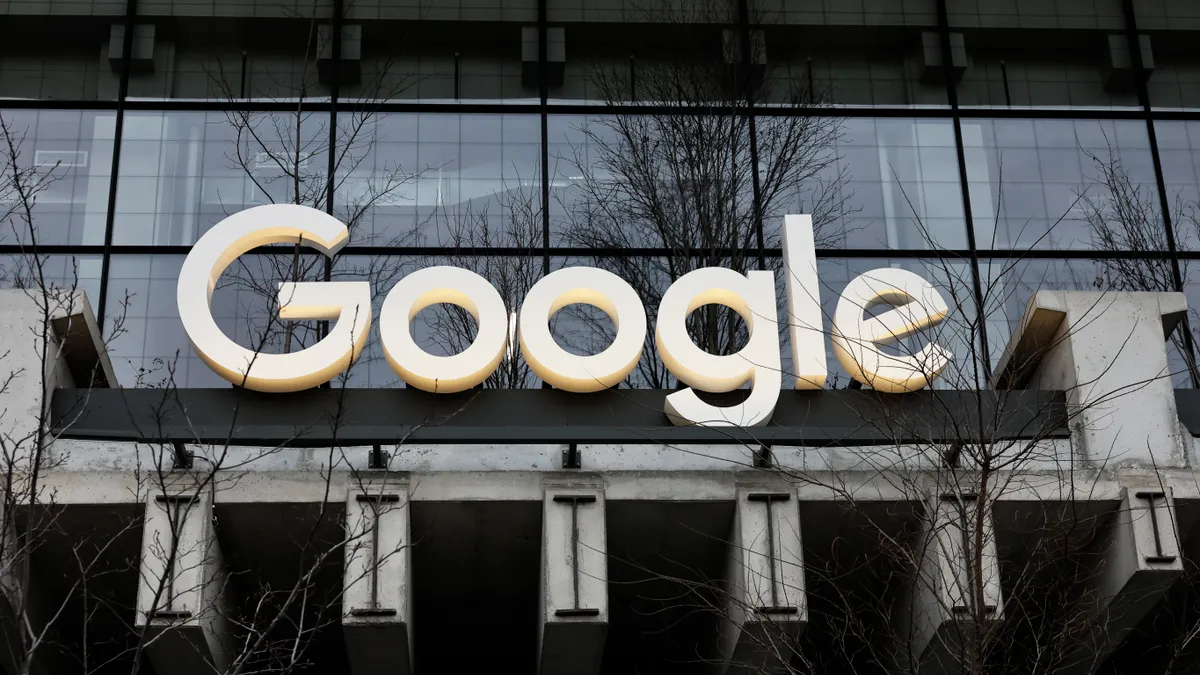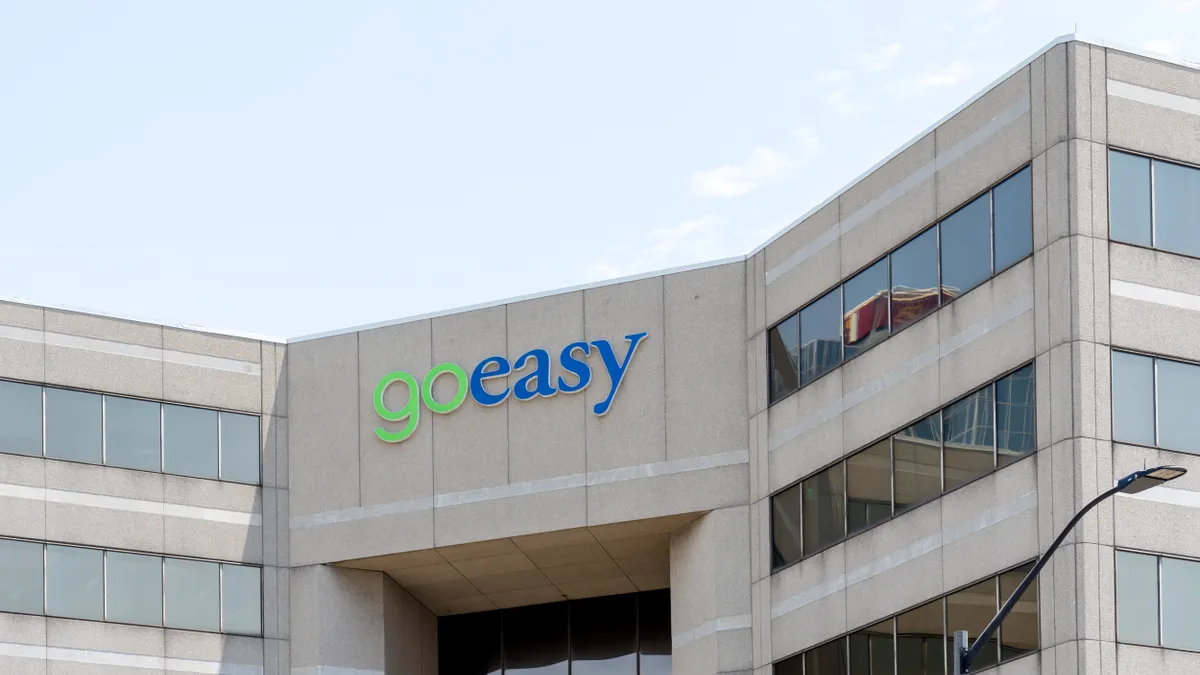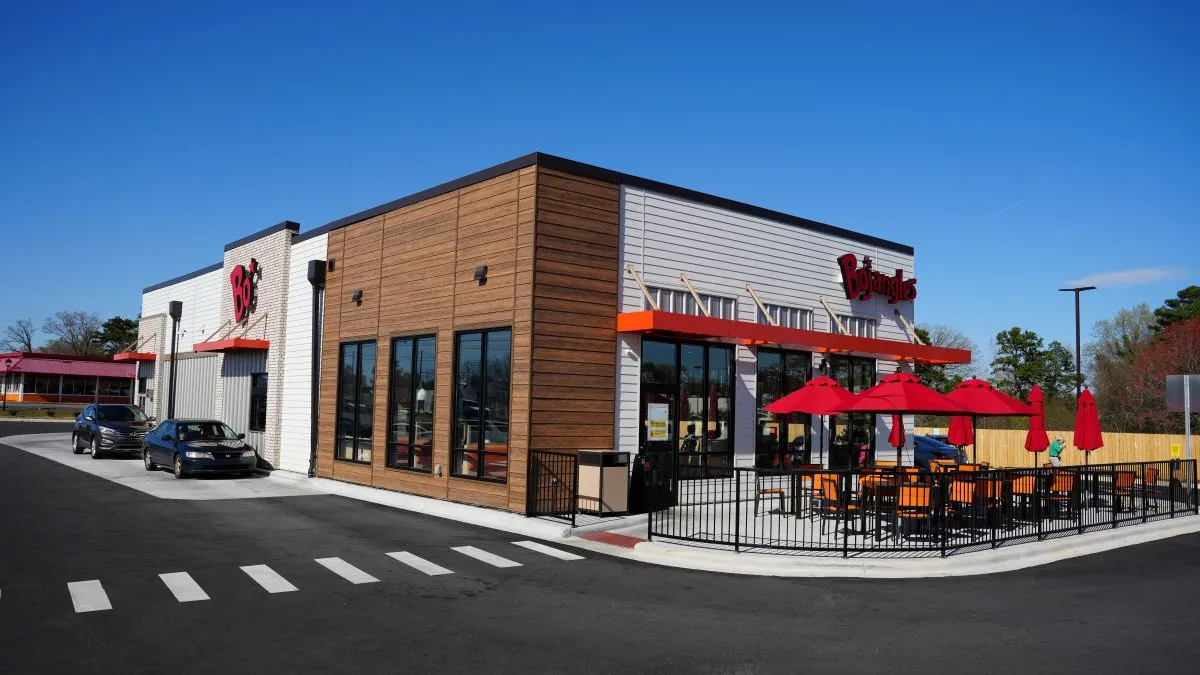The Olympic Games set to kick off in Rio de Janeiro Friday is expected to be one of the most widely-viewed sporting events in human history. An estimated 4,500 hours of 1080p content will be streamed, and more than one million people are expected to simultaneously watch events live from a variety of devices.
That means this Olympics will require more technology than ever before.
Although the last Olympics took place just two years ago, they might as well have been eons ago considering the rapid development pace of technology. Therefore, the 2014 Winter Olympics cannot be looked to as a standard, especially when considering the explosion of traffic on mobile devices.
"Mobile devices today look a lot like desktops on the Wi-Fi or cellular networks," said David DeSanto, director of products and threat research at Spirent. "The apps are more complex and so are the transactions."
The companies providing the tech infrastructure for the Rio Games will need to overcome several large hurdles to ensure things run smoothly. The Olympic Committee contracted with a variety of technology companies for Wi-Fi, cloud and other technologies, including Atos, Cisco, local telecom giant Embratel, Samsung, Panasonic, EMC, Microsoft, Omega and Symantec.
But devising a tech strategy that would work for the Olympics was still an enormous undertaking.
"A major difficulty is to map all services, all of the forecast demand," Elly Resende, CIO for the Olympics, recently told ZDnet. Connectivity, in particular, was a top priority for Resende and his team.
"Ensuring an optimal (mobile) experience requires integration of multiple vendors and platforms, from hardware and software to the telecom infrastructures and satellites," said Alan S. Knitowski, CEO of Phunware, a mobile engagement platform. "Success relies on details as granular (and important) as the cooling of onsite data centers and broadcast facilities, which are immensely power-heavy and could fail if they’re overheated."
But in particular scale, is the primary connectivity challenge for the Olympics.
"Events like the Olympics are particularly tricky for network administrators as people not only want to have internet access but they want high-bandwidth so they can execute the programs they want when they want," said Larry Gadea, founder and CEO of Envoy. "Today we're seeing apps, which consume more and more bandwidth, become the norm. Add that to a crowd of thousands of people and it means trouble for network administrators."
Mobile users attending the Olympics will likely frequently share their unique experiences, so demand for mobile-based services will be magnified. Almost every spectator in attendance will have a mobile device at the ready to record and send their own personal coverage in near real time.
"Every voice call or uploaded video or photo will put a strain on network resources," said Affandy Johan, senior product marketing manager at InfoVista.
Therefore, specialized, high-density Wi-Fi is needed to handle the concentration of usage and surges will make it even more difficult. Massive spikes in Wi-Fi traffic are expected at different times across several venues. If the Wi-Fi networks aren’t adequately prepared, surges could result in coverage outages or low bandwidth for users.
"Peak volumes generated by big events can tax a system 10 to 20 times normal peaks," said Zubin Irani, CEO of cPrime. "Designing a system to handle maybe 30,000 users, where there could be 5,000 concurrent sessions, is difficult. What’s more difficult is when 29,000 out of the 30,000 are all trying to upload to Instagram, Facebook or Snapchat at the same time."
That traffic can drain networks. And once performance gets bad, people tend to hit refresh multiple times, which creates even more load on the system.
"This is the dreaded snow-ball effect we often see in IT systems," said Irani. "A slow transaction on one part of a website can essentially bring down the whole site, as people hit refresh or reload over and over, it creates an immense amount of traffic that consumes available resources, almost like a Distributed Denial of Service (DDoS) attack."
Speaking of security...
Not only has mobile technology changed over the last two years, the types of cybersecurity attacks have also changed. DDoS attacks are increasing in both frequency and size, becoming more sophisticated, lasting longer and are often more challenging for organizations to fix.
"The Olympic Committee has to be prepared, with mitigation solutions that include DDoS solutions, firewalls, intrusion prevention systems and even upstream partners that scrub traffic before anything nefarious gets to them," said DeSanto. "The mitigation solutions need to be validated for their might, but also for their acumen so as not to negatively impact user experience."
The Olympic Committee also has to consider rogue base stations, which are relatively cheap and can intercept cellular networks.
In other words, a network has the power to bring the entire world together, but it also comes with drawbacks.
Phishing attacks pose yet another security concern.
"Global events like the Olympics provide attackers with opportunities to capitalize on public interest to launch waves of phishing attacks with social engineering tactics used to entice the unwary into clicking through to malicious websites," said Steven Malone, director of security product management at Mimecast. "The Olympics are ripe for email attacks as the extremely large data sets available in one place make it an attractive target. What better way to embarrass a country and destabilize its economy than by causing such visible disruption?"
Azure’s day in the sun
Microsoft’s Azure Media Services, a Platform as a Service (PaaS), was used at several Super Bowls and during the Winter Olympics in Sochi two years ago. The cloud-based system compiles, processes and streams live and on-demand audiovisual coverage, according to Sudheer Sirivara, general manager of Azure Media Services, in an interview with GeekWire.
But Rio presents new challenges Microsoft’s three-year-old service hasn’t faced before. For one thing, the amount of live coverage consumed will be far larger because Brazil is much closer to the U.S. so it doesn’t present the same time zone lags as European-based Games. Plus, the summer Olympics have three times as many competitions as the Winter Games.
Sirivara explained that data will move from Rio to Stamford, Conn., where the NBC Sports Group is based. Azure’s East Coast and West Coast data centers, in Virginia and California, will both be used, in case problems occur at either center.
For Microsoft, and really for all the providers involved, the Olympics present a huge challenge as well as an opportunity to continue to build credibility in the ultra-competitive technology market.




















